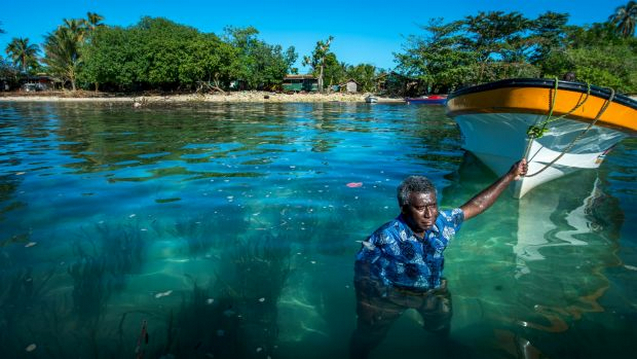Exclusive: Environmental lawyers at campaign group ClientEarth set deadline amid concern over repeated delays to publication of Government’s key plan to reduce greenhouse gas emissions
 |
| The UK has seen dramatic decreases in emissions from power stations but cuts in transport and heating are proving more difficult. PA |
Under the terms of Britain’s Climate Change Act, the Government must come up with a way to cut greenhouse gas emissions by 57 per cent by 2032.
According to official figures, the UK’s emissions fell by 33 per cent between 1992 and 2014, largely because of the surge in renewable electricity generation and the switch from coal to gas-fired power stations.
Climate change is altering global air currents, scientists warn
But, with most homes heated by gas and most vehicles still using petrol or diesel, the UK is a long way off meeting the 2032 target.
The Government’s Emissions Reduction Plan is supposed to set out how this will be achieved and was due to be published at the end of last year, but has been repeatedly delayed.
It is thought further significant cuts could involve policies that are too radical for the current Government, particularly during the upheaval caused by Brexit. For example, as part of its efforts, Norway has pledged to ban petrol-powered cars by 2025. Such a move is not considered likely in the UK.
ClientEarth has a track record of forcing the Government to obey the law, twice forcing Ministers to rethink substandard plans to bring air quality to within minimum EU safety standards.
In a letter to Climate Change Minister Nick Hurd seen by The Independent, ClientEarth said it was “increasingly concerned” that the Emissions Reduction Plan had still not been published.
“The strength of the [Climate Change] Act is that it enables long-term advance planning and investment,” the letter said.
“An ambitious plan now will put the UK on the pathway to real emissions reductions and real investment in the 2020s and 2030s.
“Failure now to produce an ambitious plan that will put the UK on track to meet the legally binding fourth and fifth carbon budgets will only compound the earlier failures.”
ClientEarth has warned that it believes the Government could have been in breach of the Climate Change Act for years because its emissions plan for the fourth carbon budget – the target level of emissions for the mid-2020s – does not actually achieve the necessary reductions.
The fifth budget, which runs up to 2032, was set by Ministers last year and requires its own emissions plan.
The letter did not threaten legal action, but said ClientEarth would “appreciate a response within 21 days” spelling out when the plan would be published or reasons for the continued delay.
It also suggested the Government could
instead publish a draft plan for consultation “as a matter of urgency”
so interested parties could help it produce an effective strategy.
Karla Hill, director of programmes at ClientEarth, told The Independent that if no substantive response was received, it might take the Government to court – but would prefer not to.“Legal action is an option if we don’t get any firm indication as to what they are planning to do,” she said.
“Our ultimate goal in all of this is for the Government to produce a good plan and we’re not really interested in going to court just to force them to produce a plan they are legally obliged to produce any way.
“Our strong preference is for litigation to be a last resort.”
She spelled out the importance of the plan.
“The Emissions Reduction Plan is critical. It is important because it will send a signal that the Government is serious about the Climate Change Act,” Ms Hill said.
“And it will drive huge amounts of investment into clean infrastructure and technology that will reduce emissions in the UK through the 2020s and into the 2030s.
“Delay and inaction is not really an option under the Climate Change Act or under the international commitments the Government has made.
“They ratified the Paris Agreement late last year, that’s a binding international commitment.
“Delay is what we are seeing at the moment, but inaction is not an option. Delay will make action more costly.”
Speaking to an MPs’ committee hearing earlier this year, Mr Hurd said the plan was so important it was felt the need to get it right was more important than the legal requirement to publish it “as soon as practically possible” after the carbon budget is set.
A spokesperson for the Department for Business, Energy and Industrial Strategy, which deals with climate change issues after Theresa May abolished the dedicated department, said: “The Plan is a priority for this Government and our intention is still to publish it as early on in 2017 as possible, so that we can move on to the delivery stage.
“We are undertaking critical preparatory work to ensure we get it right and provide clear guidance on how the Government is planning to reduce emissions through the 2020s.”
Links







